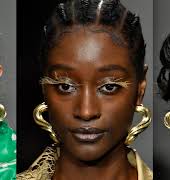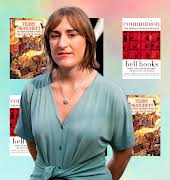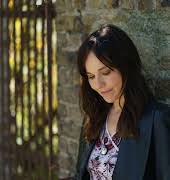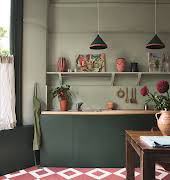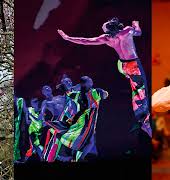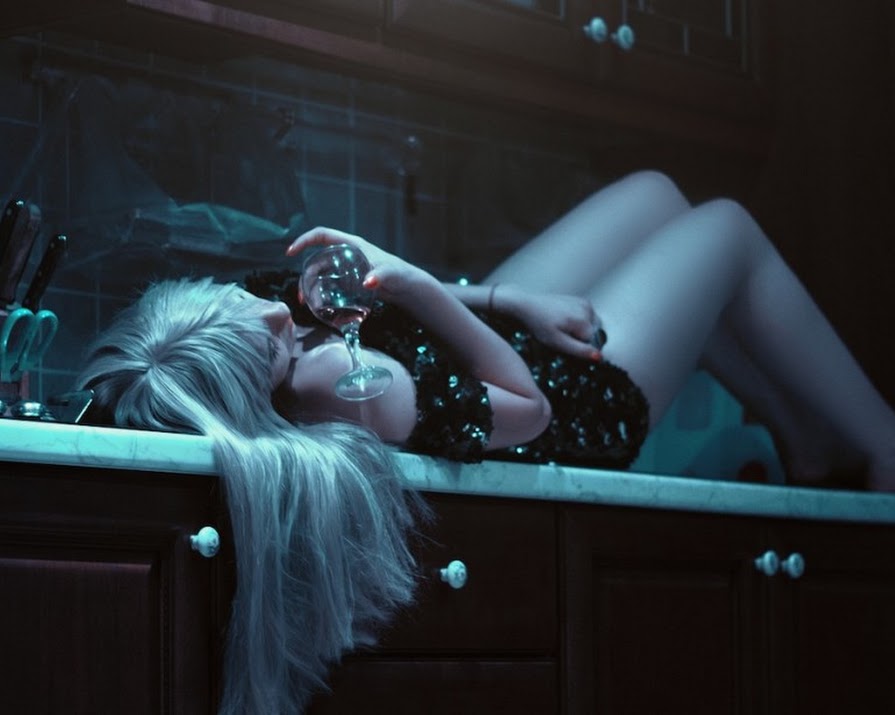By Sophie White
04th Aug 2017
04th Aug 2017
Do you think about your drinking?
I do. A lot.
Like a lot of women, I joke about ‘wine-o-clock’. I love wine but it’s complicated. I worry about my drinking. I worry that I think about drinking too much and I worry about how much I really, really look forward to wine on the couch at the end of a day. Like probably all Irish people, there is a seam of alcoholism running through my family. This knowledge whispers to me sometimes when I go back for a refill on a Tuesday night. I don’t have a moderate personality. I know this about myself.
In my early 20s, I had a nervous breakdown that was brought on by drug-use. (Shameless plug alert: I wrote a book about it if you are interested in how to claw your way back from the abyss.) I didn’t touch drugs, alcohol, caffeine?or sugar for a large chunk of my 20s. Those nights when everyone was knocking back drinks with joyful abandon I was sober, carefully protecting my hard-won and precarious mental equilibrium.
People are funny with you when you’re the sober one. If they are drinking to drown a little niggle of doubt, then they come to see your choices as a judgment of their own. And if they aren’t a little suspicious of your teetotal ways, then they are impressed. Neither reaction was warranted a) I am not judging you and b) my sobriety was no act of will power, but rather fear. After my episode of madness, I was deeply, madly terrified?of what a drink or a toke or a pill could do to my head. I was still fighting the demons that had invaded me one dark night in a crowded field at a music festival and I wasn’t tempted to test the waters until after four years, I was.
I was cautious at first. I just wanted wine back, that was a reasonable desire, right? Eventually, I weaned myself back on to stimulants (obviously not illegal ones – just say no, kids) but these days I am sturdier of mind and practically made of wine and caffeine. So naturally, being me – a big, hungry, thirsty, consumer of a woman the balance has perhaps tipped too far in the opposite direction and I have begun to seriously question my drinking habits.
I am not an alcoholic but I am not a take it or leave drinker either. When a study last Autumn revealed that women are now drinking as much if not more than men, a spotlight was trained on the drinking habits of the wine-o-clock club, me basically. Opinion pieces abounded on the Sauvignon?Blanc brigade and the veneer of respectability that was supplied by the goldfish bowl of chilled sedation sipped in a light-filled extension. We don’t have a problem, do we?
I find I can always justify the second, third or fourth glass. Life is hard and I tell myself I deserve it but what I really feel now as I’m edging into my thirties is that I deserve to not be worrying about my drinking or feeling ashamed about my drinking.
I think part of the difficulty we have as a culture in addressing problem drinking, is the all or nothing attitudes towards alcoholics. The accepted wisdom propagated by the AA states that you are an alcoholic for life which is such a damning prospect?I think it makes people, who may be aware that their drinking is problematic, loath to admit their fears.
Applying strategies to your drinking may seem like a sign that perhaps you shouldn’t be drinking at all, but perhaps that is what is necessary. I don’t want to stop drinking, but I do want to drink better.
Laura Willoughby is the co-founder of Club Soda, an online resource for people who want to go alcohol-free or practice mindful drinking.
?Most people are not dependent on alcohol but we do need skills to help us keep drinking under control,? she says, ?from how to deal with mates in the pub to knocking daily drinking at home on the head.?
Club Soda even runs an eight-week online course for people who want to alter their drinking behaviours. I am giving serious thought to taking the course but in the mean time I’ll be using the HALT method borrowed from the AA: Before you open a bottle ask yourself, am I Hungry, Angry, Lonely Or Tired? If the answer is yes then perhaps we should be addressing the emotion rather than masking it with booze.





